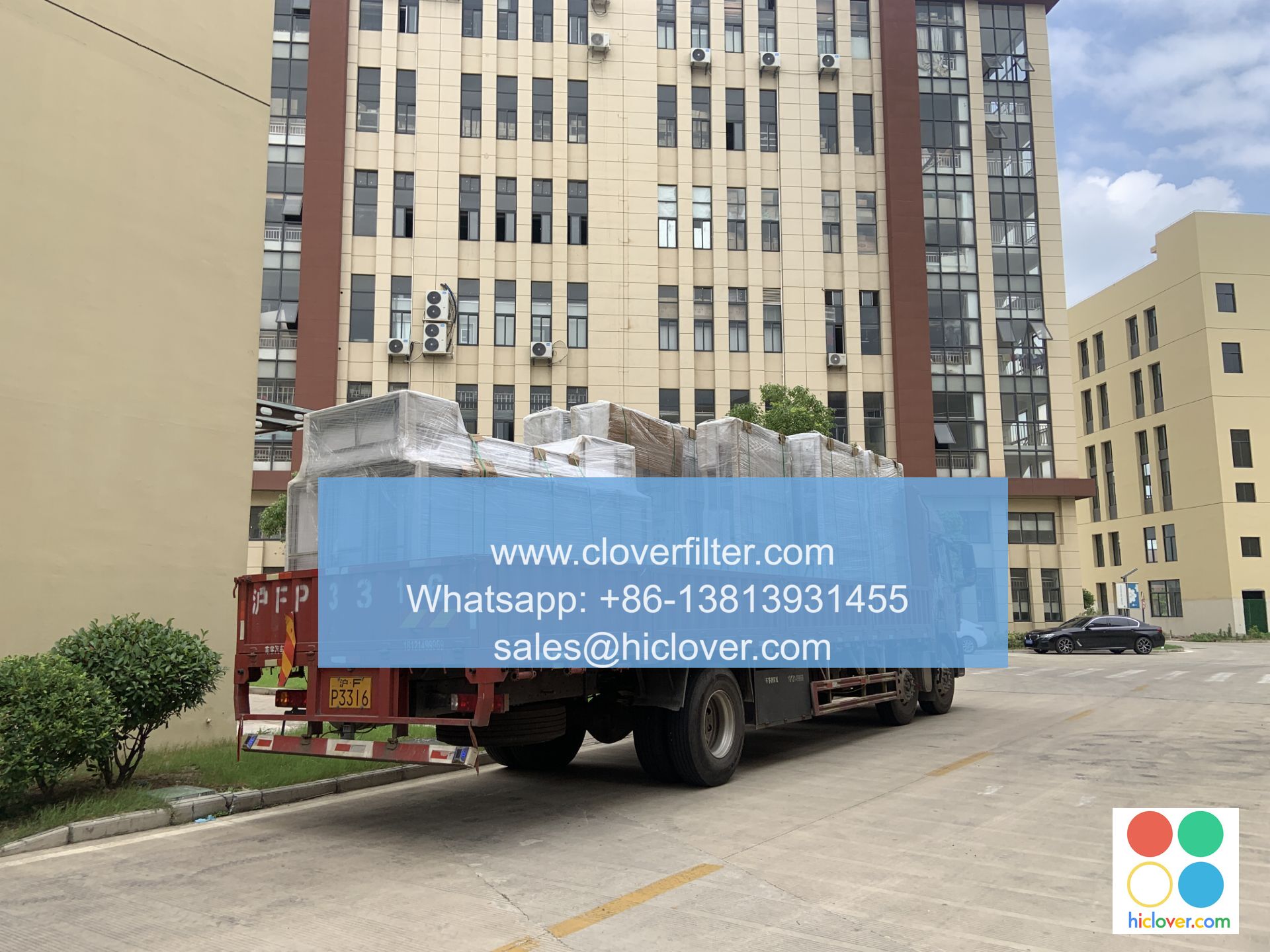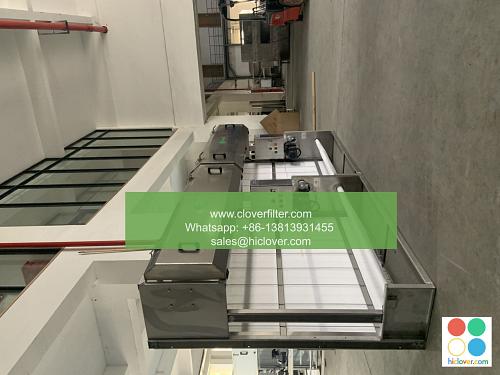Electrostatic Precipitator Air Filters: A Review of Their Effectiveness

Electrostatic Precipitator (ESP) air filters are a type of Air Purification System that uses electrostatic charges to capture and remove Particulate Matter (PM), Gas-Phase Pollutants, and other Airborne Contaminants from the air. In this article, we will review the effectiveness of ESP air filters in various Application Areas, including Industrial Air Quality Control, Commercial HVAC Systems, and Residential Air Cleaning.
Working Principle of Electrostatic Precipitator Air Filters
ESP air filters work by using a high-voltage Electrostatic Charge to attract and trap Airborne Particles and Gases. The process involves three stages: Ionization, Charging, and Precipitation. In the first stage, the air is ionized, creating a cloud of positively charged Ions. In the second stage, the ions are attracted to a negatively charged Collection Plate, where they are trapped. Finally, the trapped particles are removed from the collection plate, resulting in Clean Air. Studies have shown that ESP air filters are highly effective in removing Particulate Matter (PM2.5 and PM10), Nitrogen Dioxide (NO2), Ozone (O3), and other Gas-Phase Pollutants from the air. They have also been shown to be effective in removing Bacteria, Viruses, and other Microorganisms from the air. The effectiveness of ESP air filters can be attributed to their ability to capture particles as small as 0.01 microns, making them an effective solution for Indoor Air Quality Control. ESP air filters have a wide range of applications, including: The benefits of ESP air filters include: In conclusion, Electrostatic Precipitator air filters are a highly effective solution for Air Quality Control in various Application Areas. Their ability to capture Particulate Matter and other Airborne Contaminants makes them an essential component of Indoor Air Purification Systems. With their High Efficiency, Low Maintenance, Energy Efficiency, and Cost-Effectiveness, ESP air filters are a popular choice for Industrial, Commercial, and Residential applications. It looks like you didn’t include a prompt. Could you please provide more details or clarify what you would like to talk about? I’m here to help with any questions or topics you’d like to discuss!Application Areas of Electrostatic Precipitator Air Filters
* Industrial Air Quality Control: ESP air filters are used in various industries, such as Power Generation, Cement Production, and Metal Fabrication, to control Air Pollution and maintain a Healthy Work Environment.
* Commercial HVAC Systems: ESP air filters are used in commercial Heating, Ventilation, and Air Conditioning (HVAC) systems to improve Indoor Air Quality and reduce the risk of Airborne Diseases.
* Residential Air Cleaning: ESP air filters are used in residential Air Purifiers to remove Allergens, Pollutants, and other Airborne Contaminants from the air, improving Indoor Air Quality and promoting Health and Wellbeing.Benefits of Electrostatic Precipitator Air Filters
* High Efficiency: ESP air filters can capture up to 99.97% of Particulate Matter and other Airborne Contaminants.
* Low Maintenance: ESP air filters require minimal maintenance, as they do not need to be replaced frequently.
* Energy Efficiency: ESP air filters are energy-efficient, as they consume less power than traditional Air Filtration Systems.
* Cost-Effective: ESP air filters are a cost-effective solution for Air Quality Control, as they can help reduce Healthcare Costs and improve Productivity.Conclusion

